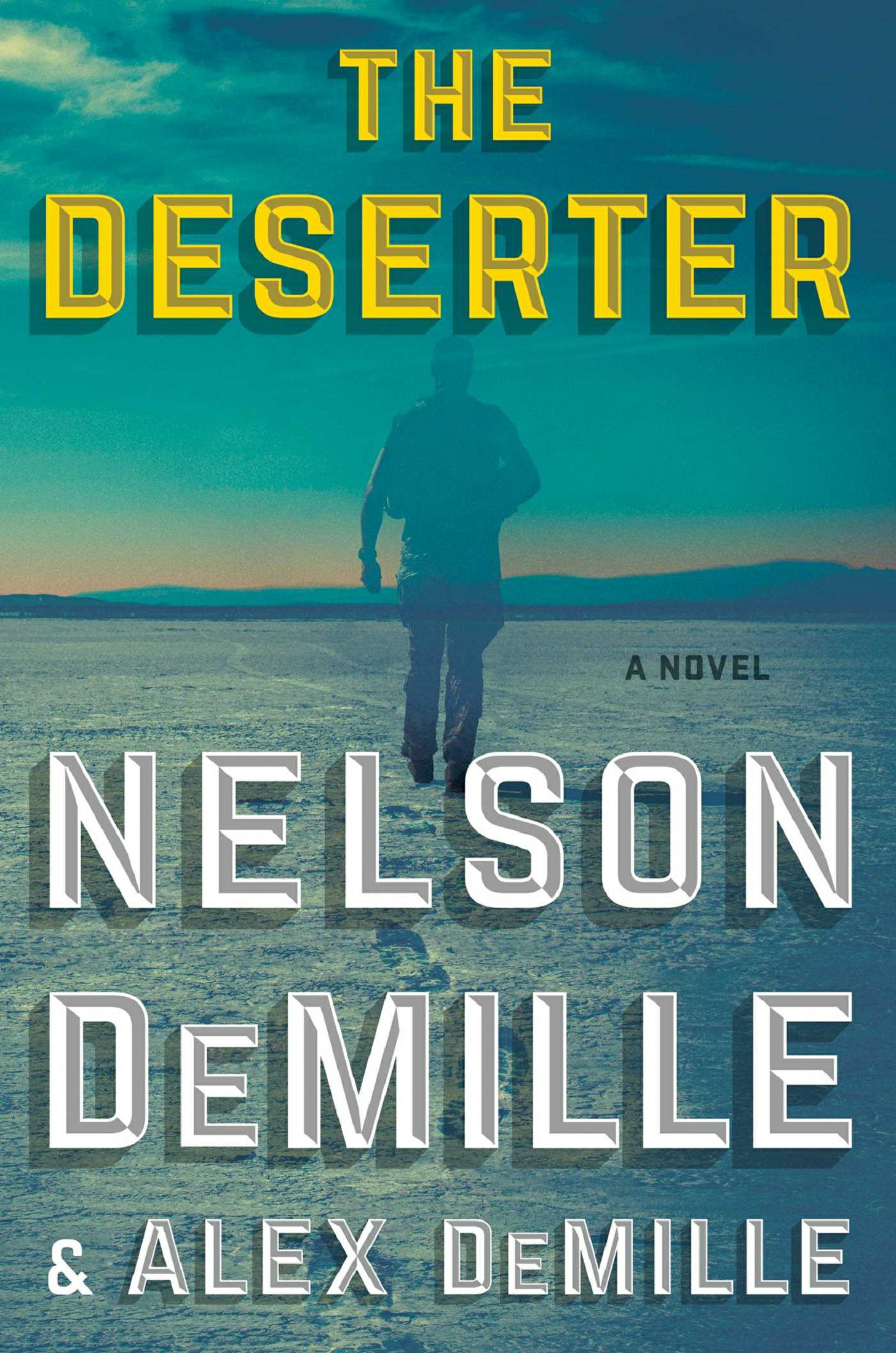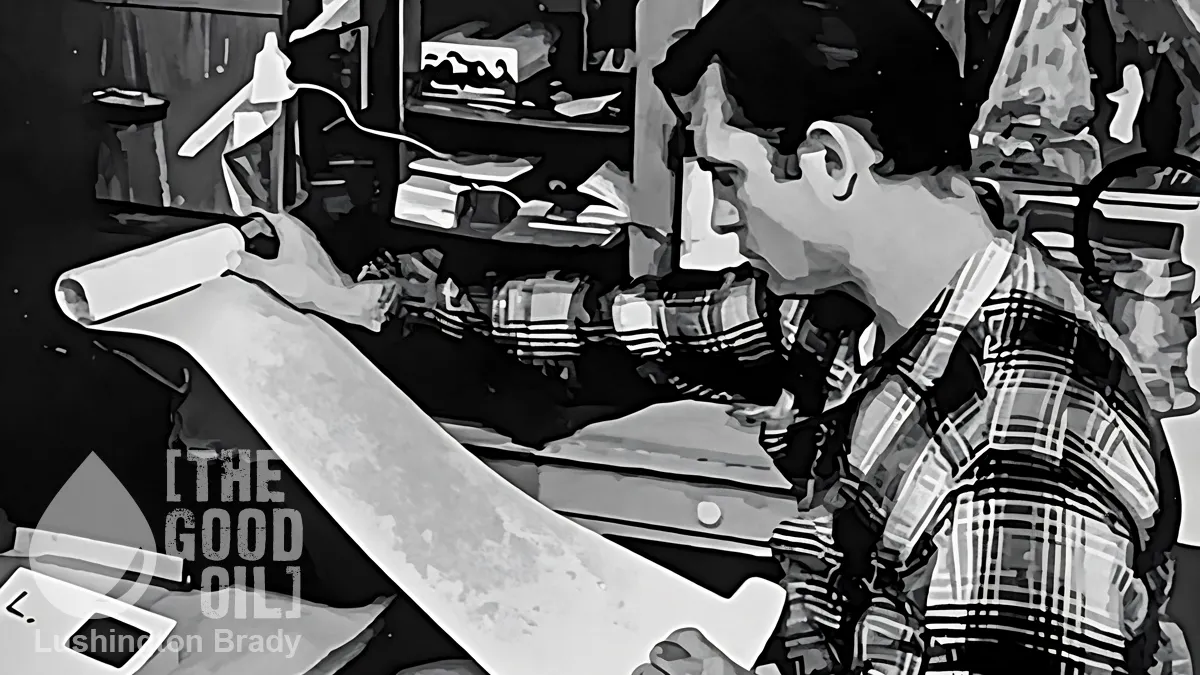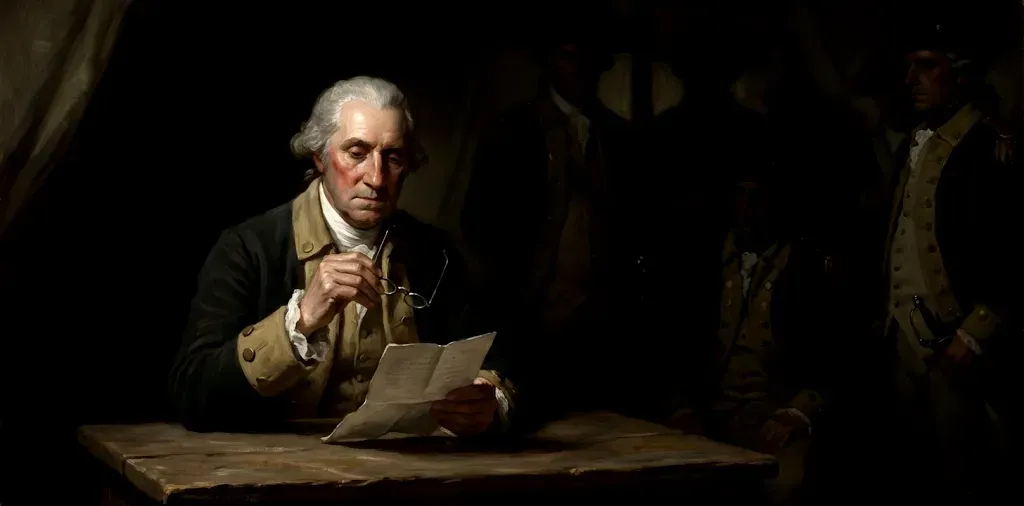Table of Contents
- Title: The Deserter
- Author: Nelson DeMille & Alex DeMille
- Publisher: Simon & Schuster
- ISBN: 9781501101762 (mass market) | ISBN 9781501101779 (ebook)
- First Published: October 2019
I’ve just finished reading this thriller, The Deserter, by Nelson DeMille. I’ve read a few of his books, mainly the John Corey series, and a few other titles, and enjoyed them. Good plots, page-turners, and importantly for me, quite a bit of wry humour as well. An excellent thriller author.
Therefore, when I came across this novel, first published in October 2019 I didn’t hesitate to download it and have not been disappointed.

The plot revolves around Captain Kyle Mercer, a member of the 1st Special Forces Operational Detachment—Delta, “the elite of the elite”, serving in Afghanistan. One night, Captain Mercer walks off base and has been eventually listed as a deserter. He hasn’t been seen again, until very recently when an old army colleague spots him in a house of ill repute, in Caracas, Venezuela.
Scott Brodie, a Special Agent in the Army’s Criminal Investigation Division, the CID, and his recently assigned partner, Warrant Officer Maggie Taylor, are given the assignment of travelling to Caracas to find, and if possible, bring Captain Mercer alive, back to the US to stand trial by court-martial. The implication is that it’s not totally unfortunate if he fails to survive his capture.
I won’t give away any more of the story but can report that it’s a great read. The location of the story is what I found most interesting. Of course, we know about the Socialist nation of Venezuela, of which our own Prime Minister seems so enamoured, that she is doing her best to replicate it here in New Zealand. DeMille’s descriptions of Caracas and its lawlessness and poverty are vivid and thought-provoking. Do we really want this horror to arise here in New Zealand? Nobody sane does.
It seems that our PM is under the delusion that she is so special that she can avoid such an outcome in New Zealand. On the other hand, the elite in Venezuela do not have to live like the general population and can be recognised by their comparative plumpness. Ardern is doubtless aware that she will be more equal than others, and will never have to suffer the ravages of her policies.
The Chávez cult still lives on to some extent, even under the rule of Nicolás Maduro. Setting a leader up as a cult figure never ends well, but some seem to want this to happen here. There is very little media in Venezuela other than that approved by the regime. The Reporters Without Borders “Press Freedom Index,” places Venezuela currently at 147th out of 180 countries. (North Korea is 180th). New Zealand sits in 9th place, but it should be noted that the summary of rankings explains that the rankings have nothing to do with the quality of journalism. I wonder if our freedom ranking would change if the media in New Zealand were more critical of our own “Hugocinda” Jacinda Ardern. I’d like to see our media try that experiment.
The majority of the people are too busy trying to find their daily meal to be involved politically. Crime is rampant. Many others are trying to ingratiate themselves with the ruling regime, to try and get slightly better treatment.
It’s worth reading this book, partly as an antidote to any feeling that socialism might just work if we give it one more try, but also because it’s an enjoyable page-turner. I usually have two books on the go at the same time, but the other one wasn’t touched until I’d finished “The Deserter.”
If you enjoyed this BFD article please consider sharing it with your friends.









